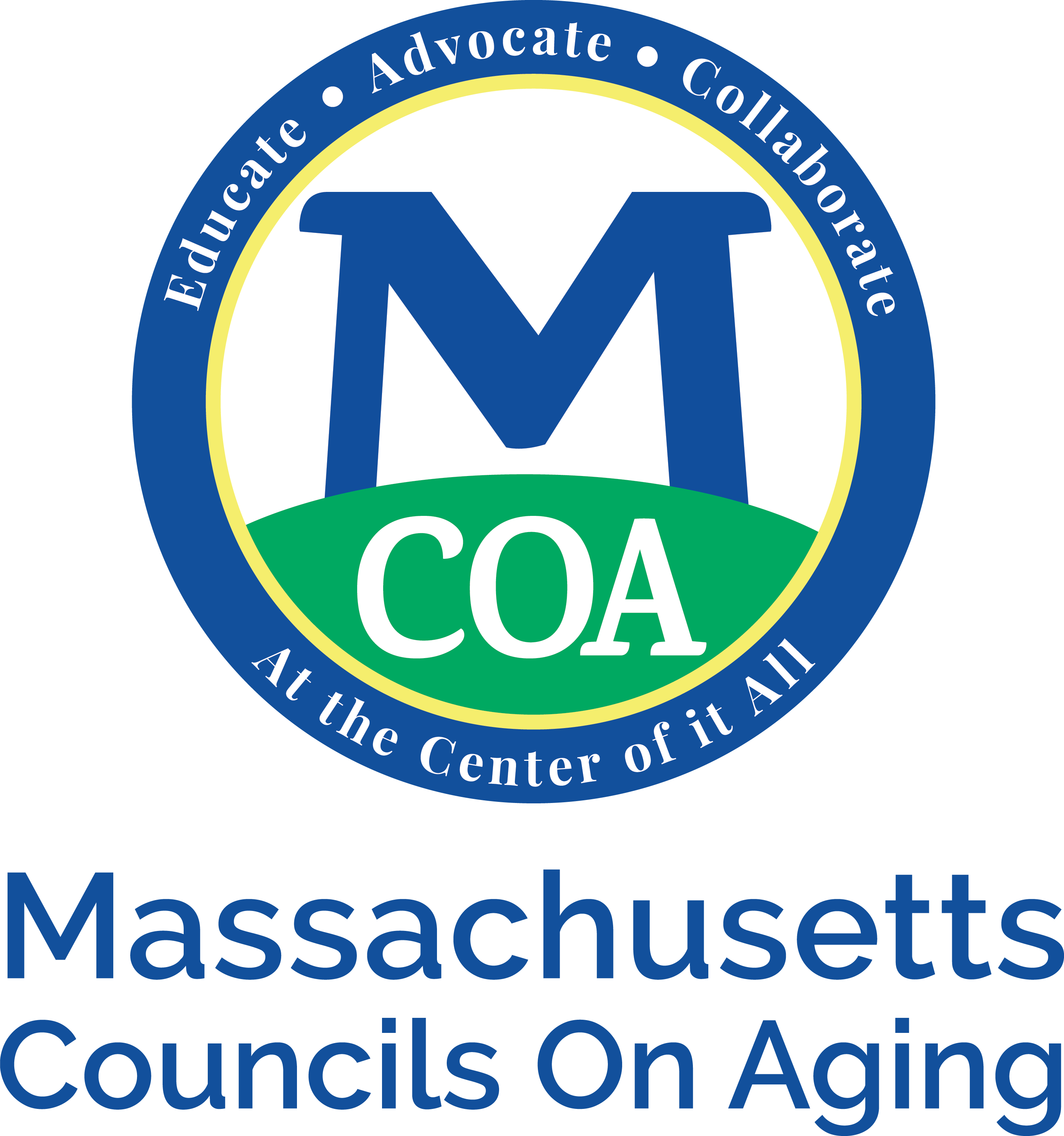 The digital divide experienced by many older adults in MA and the epidemic of loneliness have at least one relationship: access to one would alleviate the other. That is, the availability of low-cost, high-speed internet service would greatly increase human to human connectivity of isolated older adults. Another synergy that some COAs in MA are already utilizing is connecting young people—teens or college-age young adults—with older adults to provide tutorials in tech skills.
The digital divide experienced by many older adults in MA and the epidemic of loneliness have at least one relationship: access to one would alleviate the other. That is, the availability of low-cost, high-speed internet service would greatly increase human to human connectivity of isolated older adults. Another synergy that some COAs in MA are already utilizing is connecting young people—teens or college-age young adults—with older adults to provide tutorials in tech skills.
Little Brothers Friends of the Elderly in Boston is doing just that in public senior housing complexes. In their words, “LBFE Boston helps prevent social isolation by offering free, intergenerational, digital equity, and arts programs to older adults in public/affordable senior housing and community centers.” Tech access and training provides benefits such as mental stimulation, reduced isolation, empowerment, and skills needed for the job market, transportation, navigating medical appointments & records, and more.
Their Digital Dividends program offers instruction in Zoom, Google Maps, Uber/Lyft, AI tools, G-Suite (including Gmail), and Microsoft Office applications. Classes are held once a week for an hour, Monday through Friday, typically between 12 PM and 5 PM. Each older adult receives a free laptop and reliable internet access. With the support of younger participants, they build and expand their tech knowledge. In 2023 alone, Digital Dividends conducted more than 222 digital literacy training sessions in both English and Spanish. For a closer look, check out this recent story about one of their programs in South Boston.
Digital Dividends has been supported by a grant from the Massachusetts Broadband Institute and the state, administered through the Digital Equity Partnerships Program. Funds from this grant paid for Chromebooks and mobile hotspots for the older adult participants in these classes.
The need for programs like this is even more acute now that the federally funded Affordable Connectivity Program has come to an end (April 2024). COA staff serve people who lack personal access to high speed internet, and they see the disadvantages that come with that. A leader in this arena is the MA Healthy Aging Collaborative, which offers quarterly meetings on the topic of older adults and technology access, to which COA staff members are welcome.
Sign up for their newsletter to stay tuned for meeting dates, and check out the MHAC blog, which regularly offers pieces on digital equity and technology access for older adults. If you want to grow your understanding of this issue and what’s currently being done in Massachusetts to help older adults gain affordable broadband access and other important connectivity resources, read the Community Resources Guide: Technology Access and Programming for Older Adults (Sept. 2021).
Is your COA working on enhancing digital equity for older adults in your community? Are you harnessing the power of young people for this work? We’d love to learn about your creative efforts on MCOA’s InfoHub Forum!
Note: Photo used with the permission of LBFE Boston.


